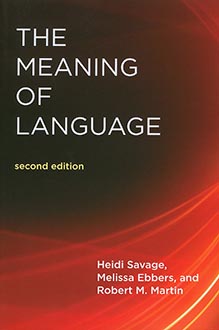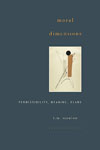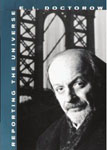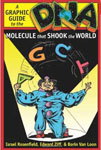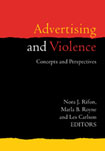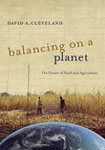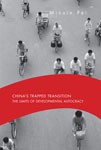Book Details

Making Meaning : Inference and Rhetoric in the Interpretation of Cinema
Bordwell systematically maps different strategies for interpreting films and making meaning, illustrating his points with a vast array of examples from Western film criticism. Following an introductory chapter that sets out the terms and scope of the argument, Bordwell goes on to show how critical institutions constrain and contain the very practices they promote, and how the interpretation of texts has become a central preoccupation of the humanities. He gives lucid accounts of the development of film criticism in France, Britain, and the United States since World War II; analyzes this development through two important types of criticism, thematic-explicatory and symptomatic; and shows that both types, usually seen as antithetical, in fact have much in common. These diverse and even warring schools of criticism share conventional, rhetorical, and problem-solving techniques—a point that has broad-ranging implications for the way critics practice their art. The book concludes with a survey of the alternatives to criticism based on interpretation and, finally, with the proposal that a historical poetics of cinema offers the most fruitful framework for film analysis.
Preface
1. Making Films Mean
2. Routines and Practices
3. Interpretation as Explication
4. Symptomatic Interpretation
5. Semantic Fields
6. Schemata and Heuristics
7. Two Basic Schemata
8. Text Schemata
9. Interpretation as Rhetoric
10. Rhetoric in Action: Seven Models of Psycho
11. Why Not to Read a Film
Notes
Index
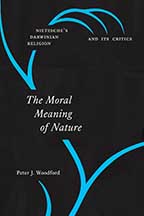
The Moral Meaning of Nature : Nietzsche’s Darwinian Religion and Its Critics

GROUPTHINK VERSUS HIGH QUALITY DECISION MAKING IN INTERNATIONAL RELATIONS
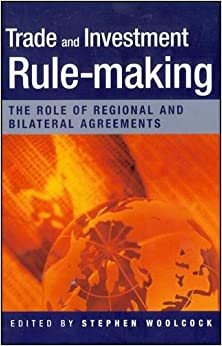
Trade and Investment Rule-Making : The Role of Regional and Bilateral Agreements
Popular Picks on the Month




